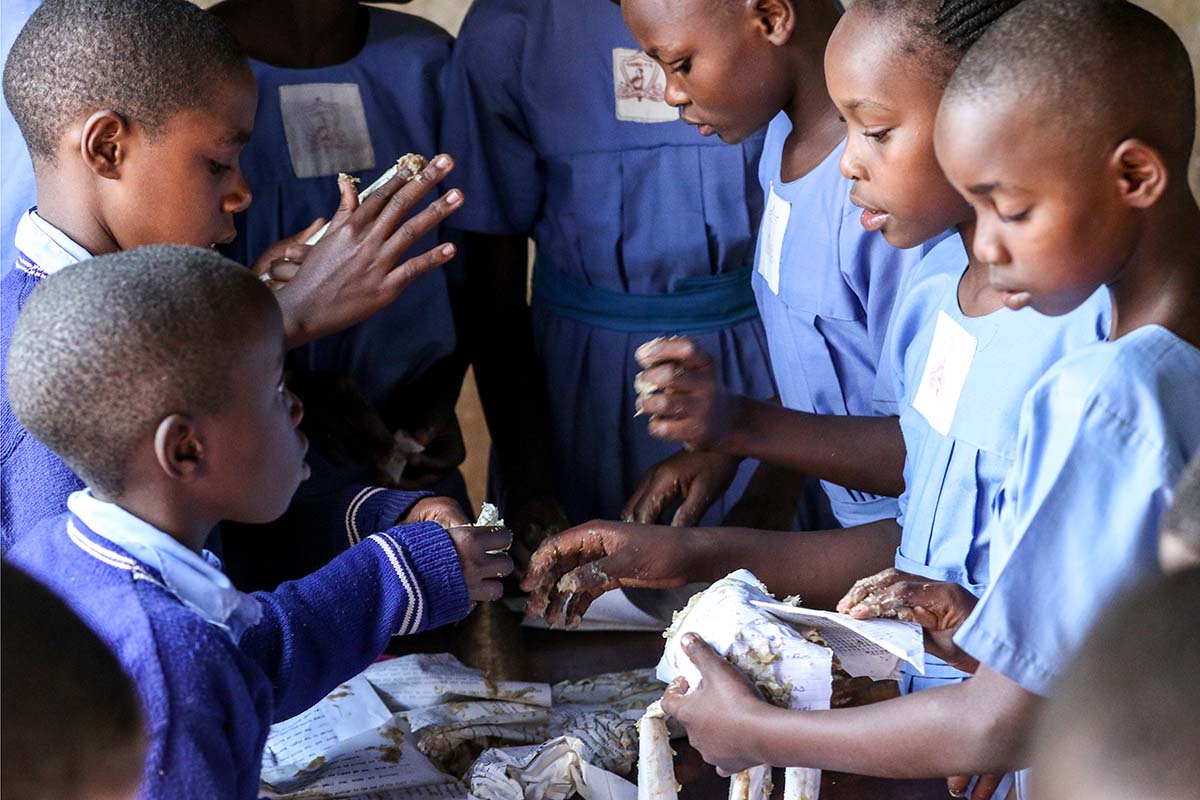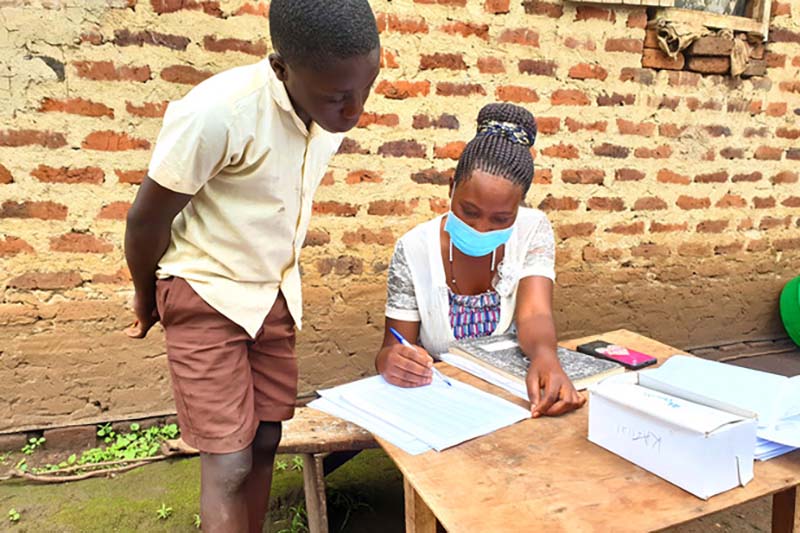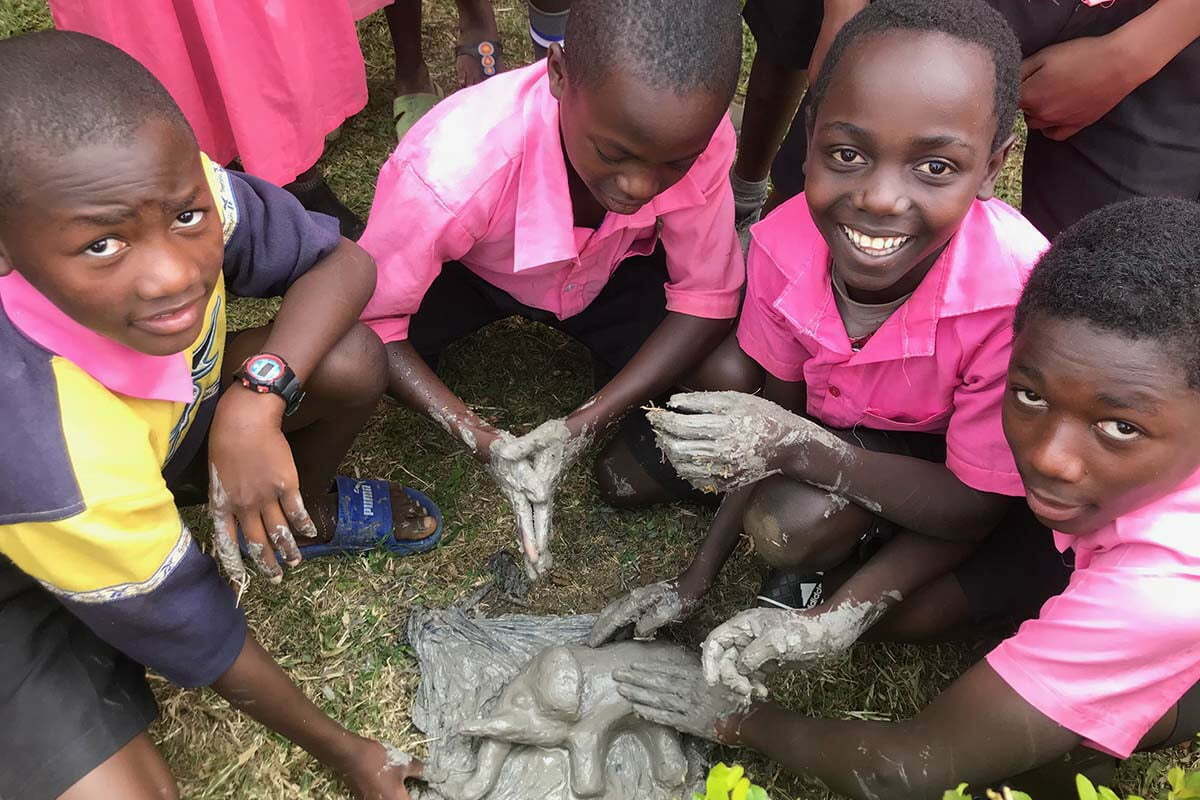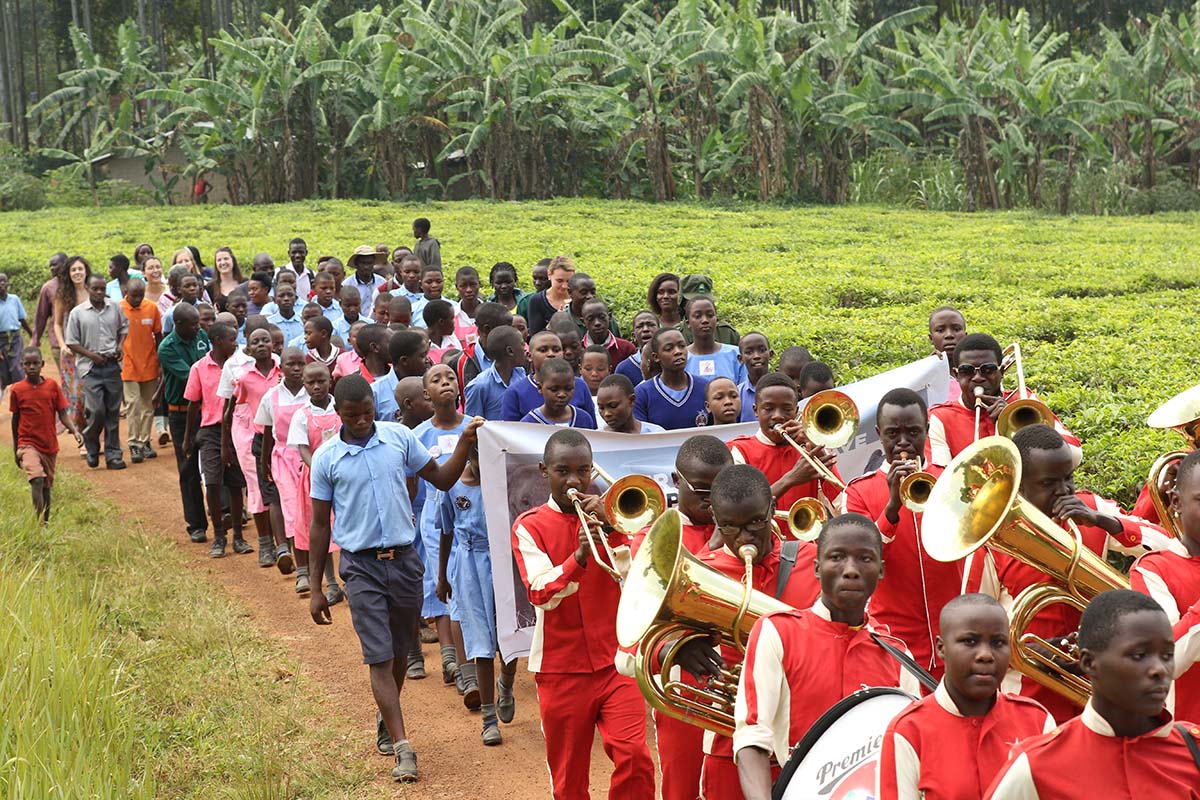Protecting the Elephants of Kibale National Park, Uganda through school- based conservation education programs, Uganda

For conservation to be successful long-term it must engage the support of local people in protecting their environment which is being developed through effective conservation education in 8,000 primary school children in 14 government primary schools bordering Kibale National Park (KNP), Uganda. Taking a novel approach to conservation, Kibale Forest Schools Program is testing whether changing social norms in few key individuals can deliver a higher impact elephant conservation education and enact change. Good conservation education leads to increased knowledge and changes in behavior but it takes time, potentially generations. Recent data have highlighted the importance of social norms in shaping pro-conservation behavior, therefore targeting influential individuals can induce changes in group social norms effectively and quickly. “Key influencers” are being taught elephant conservation programming, and the impact on changing attitudes in local communities will be monitored to test the hypothesis that a few, “key” people can change conservation norms and behavior in their schools and communities, faster than traditional conservation education.
IEF #AF1034
REPORTS:
Project Years: 2016 – 2022
Project Partners:
The Kibale Forest Schools Program/The Kibale Chimpanzee Project, Uganda Wildlife Authority









